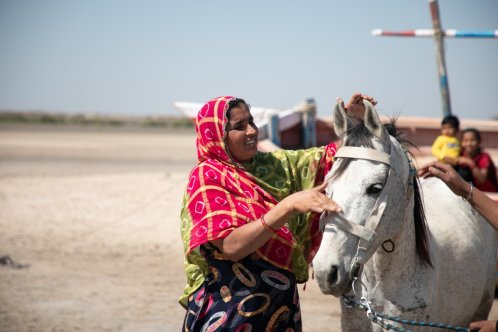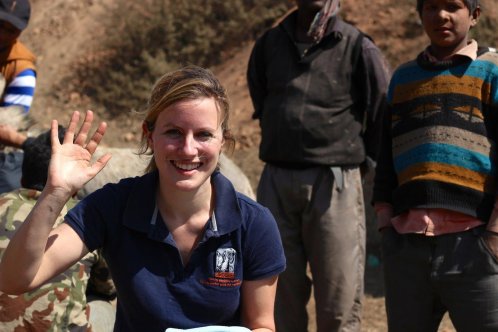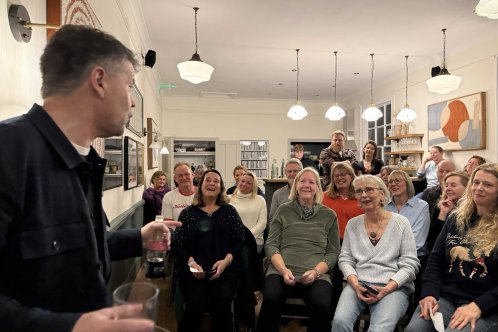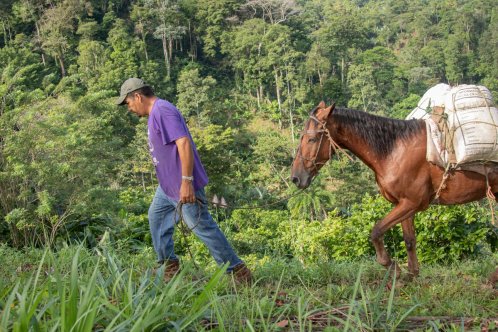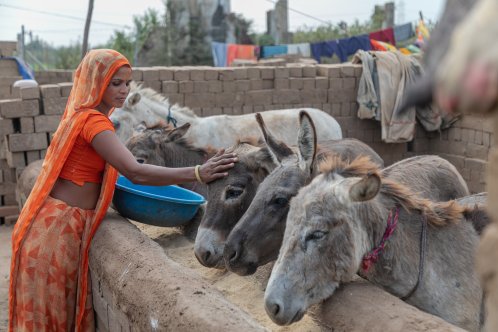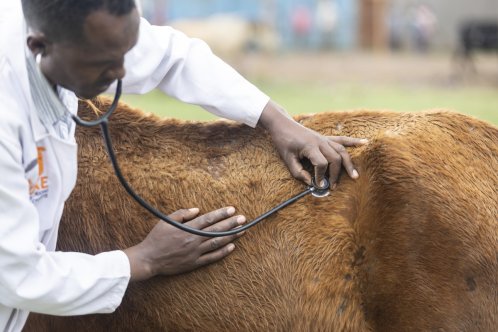Brooke has launched a free learning app to support training vets worldwide.
News & Blog
Read the latest news and views about our work around the world.
Brooke Newsletter | Publications and policies | Key facts about Brooke | Media enquiries
This National Storytelling Week, Brooke sheds light on stories from animals and people around the world.
With 2016 a decade ago, we reflect on the journey of some of Brooke’s key vets - from then to now.
Recent scenes from The Real Housewives of Salt Lake City have sparked fresh debate from animal welfare experts on animals used in tourism.
Comedian and actor Trevor Lock hosted a charity comedy night in Kent in aid of Brooke.
Strictly Come Dancing star Flavia Cacace-Mistry, ITV vet Dr Scott Miller, and actor Annette Badland were amongst special guests at Brooke's Christmas service in London this week.
While Brits care deeply about ethical sourcing, most are unaware of the role horses and mules play in their coffee and chocolate consumption this Christmas.
Brooke is in Nairobi advocating to have donkey skins trade recognised as an environmental crime.
Progress against antimicrobial resistance is possible, but only if we protect the funding that makes it happen.
We are delighted to announce that beloved actress, Annette Badland, has joined Brooke as our first ever Women’s Ambassador.

